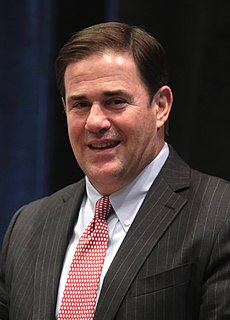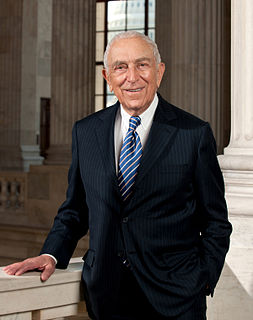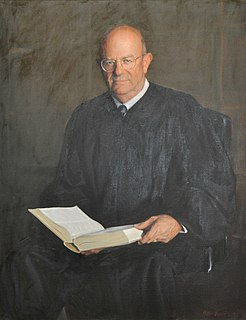A Quote by Richard Posner
The Constitution has to be interpreted loosely, otherwise it becomes a straitjacket. You can't interpret it literally. You can pretend to, and go digging around in 18th Century dictionaries to figure out what 'cruel and unusual punishment' meant or what the 'right to bear arms' meant, but that is all fake really. The Constitution has to be interpreted in light of modern needs, and that's what they (the strict interpreters) end up doing in spite of all their investigations.
Related Quotes
It [the Constitution] didn't break free from the essential constraints that were placed by the founding fathers in the Constitution, at least as it's been interpreted, and the Warren court interpreted it in the same way that generally the Constitution is a charter of negative liberties. It says what the states can't do to you, it says what the federal government can't do to you, but it doesn't say what the federal government or the state government must do on your behalf. And that hasn't shifted.
The NRA believes America's laws were made to be obeyed and that our Constitutional liberties are just as important today as 200 years ago. And by the way, the Constitution does not say Government shall decree the right to keep and bear arms. The Constitution says 'The right of the people to keep and bear arms shall not be infringed.'
I used to say that the Constitution is not a living document. It's dead, dead, dead. But I've gotten better. I no longer say that. The truth is that the Constitution is not one that morphs. It's an enduring Constitution, not a changing Constitution. That is what I've meant when I've said that the Constitution is dead.
In recent years it has been suggested that the Second Amendment protects the "collective" right of states to maintain militias, while it does not protect the right of "the people" to keep and bear arms... If anyone entertained this notion in the period during which the Constitution and Bill of Rights were debated and ratified, it remains one of the most closely guarded secrets of the 18th century, for no known writing surviving from the period between 1787 and 1791 states such a thesis.
Over the years, the judiciary has expanded its own powers by creative interpretations of the Constitution, particularly Article 21 which guarantees the right to life. This has been interpreted by the Supreme Court to include the right to a healthy environment, to health, primary education, livelihood and shelter.

































